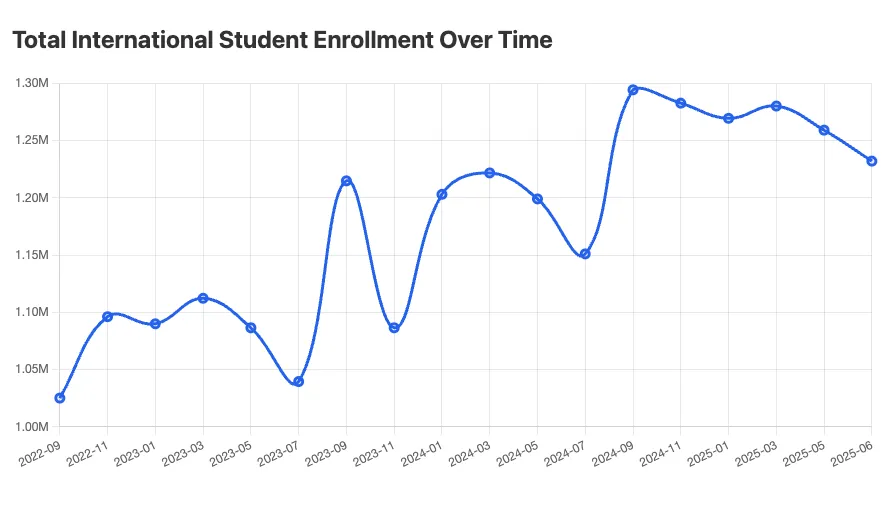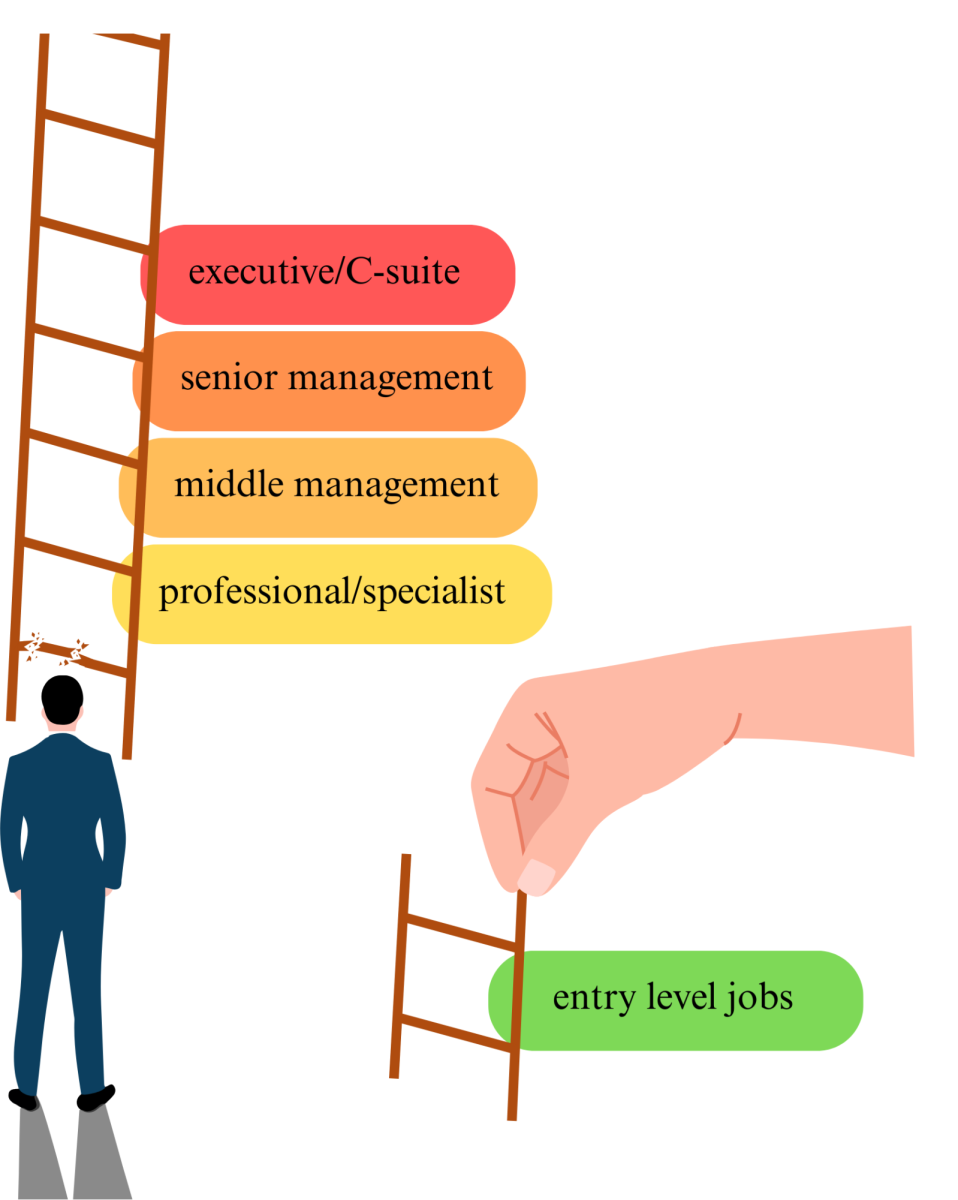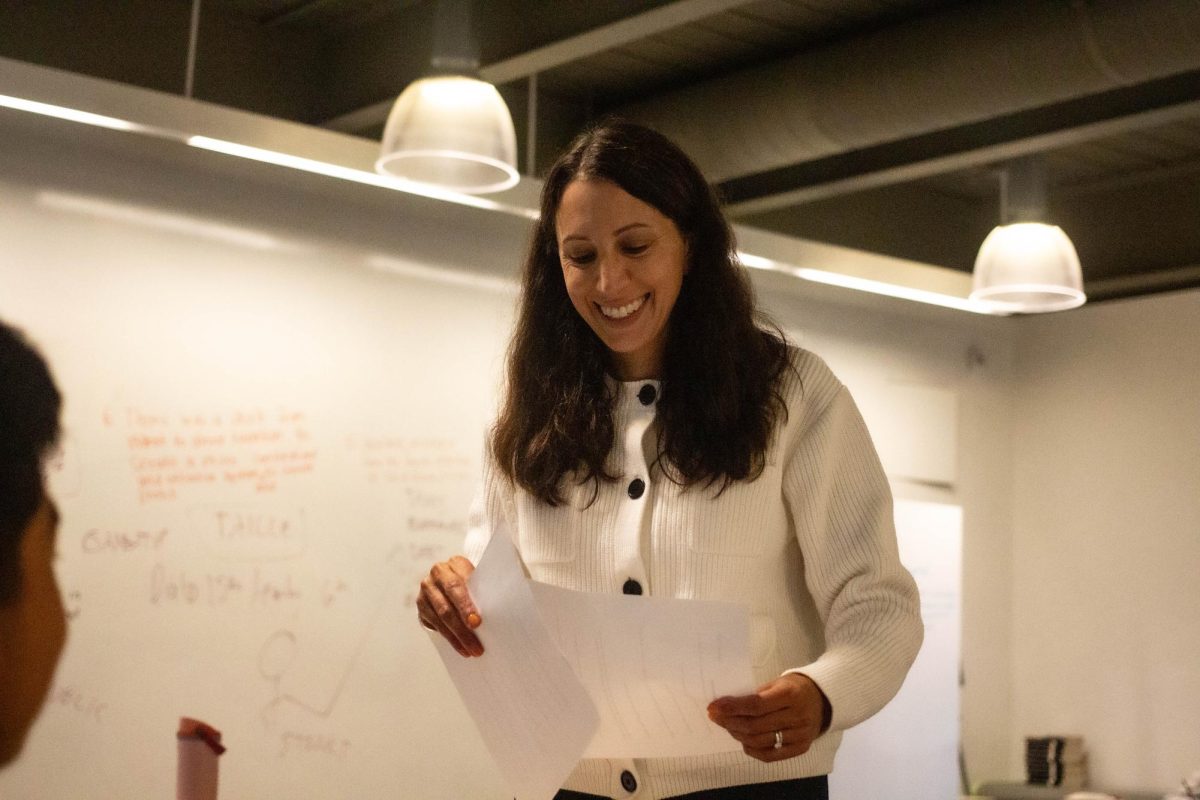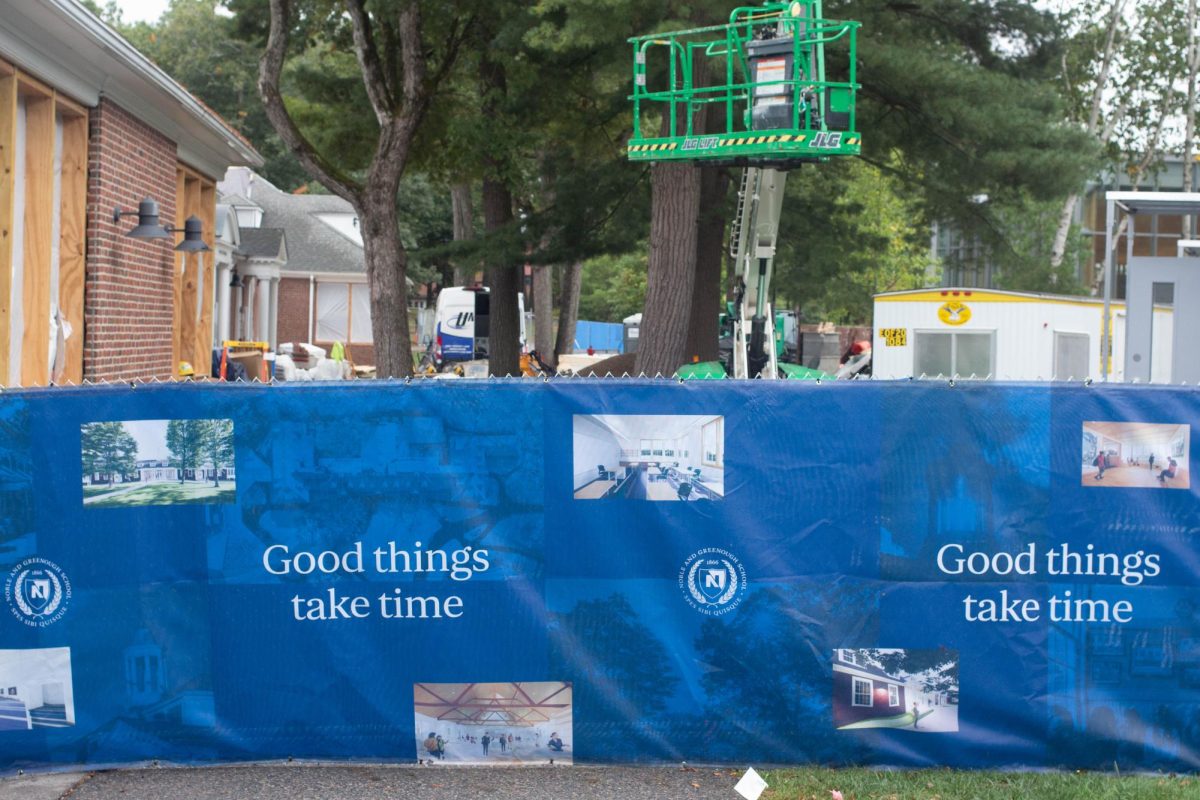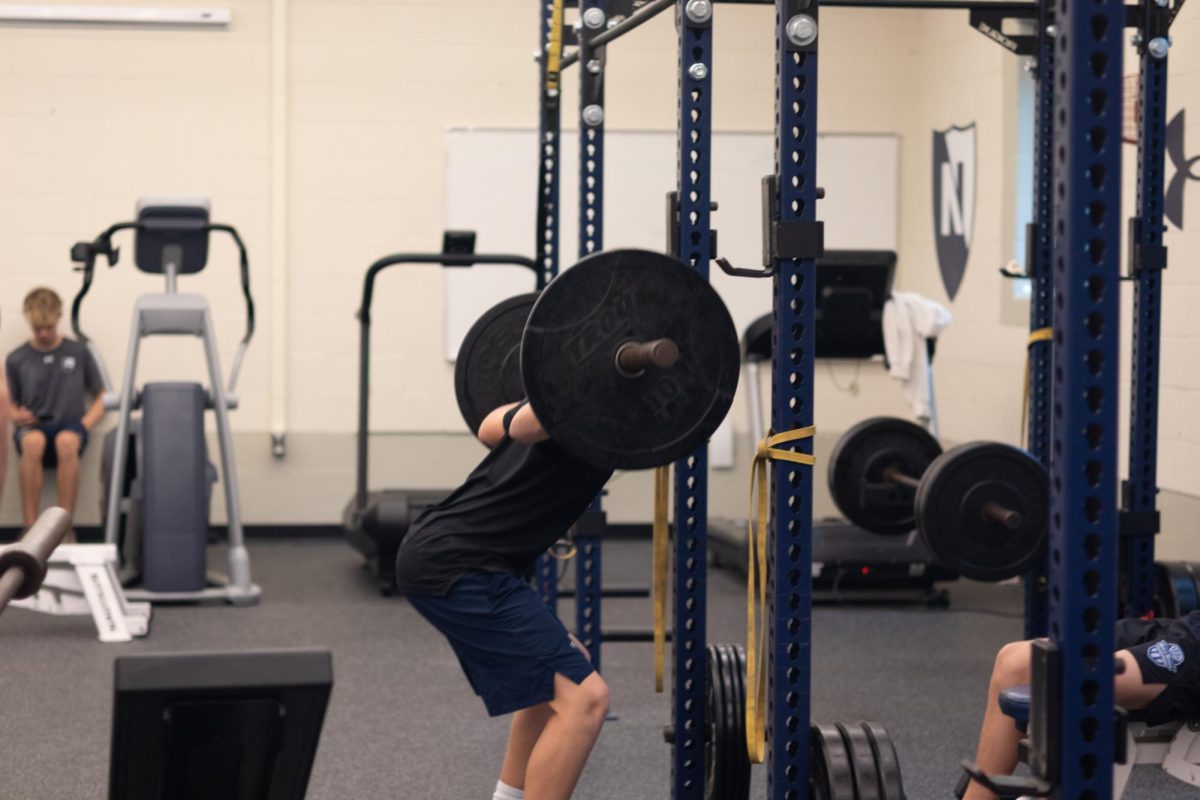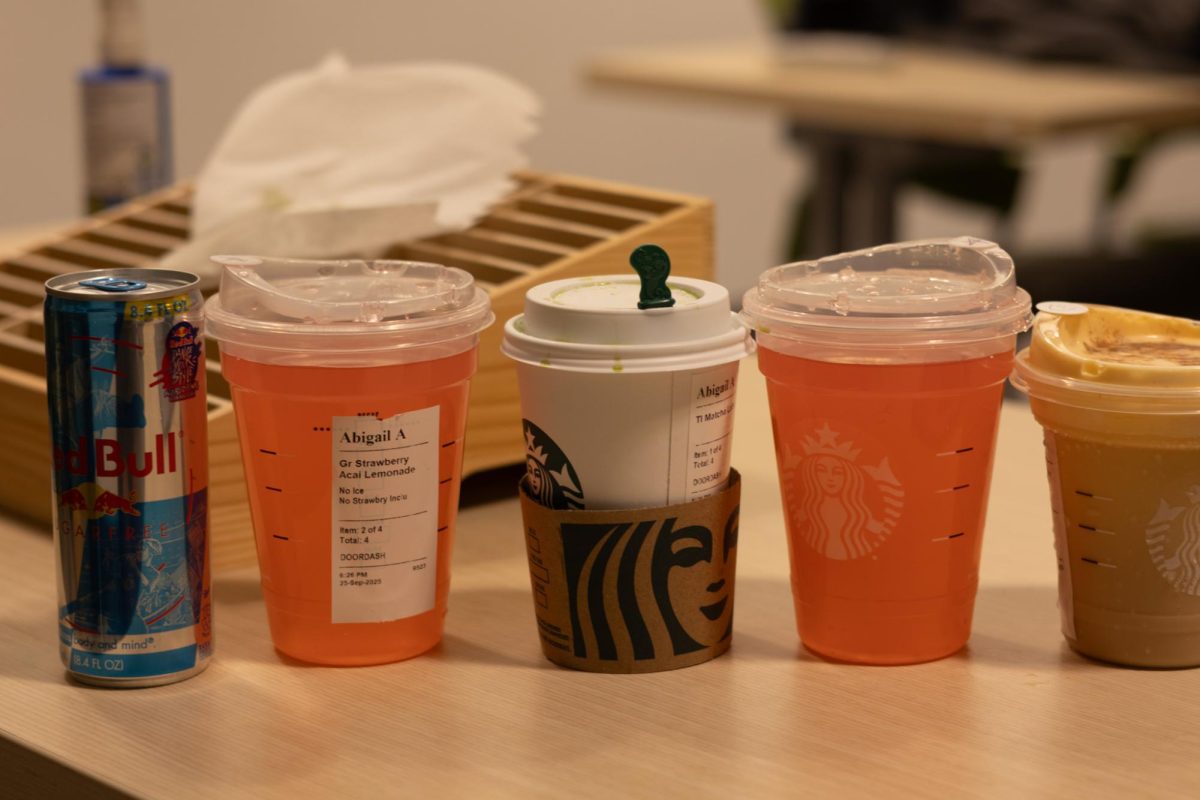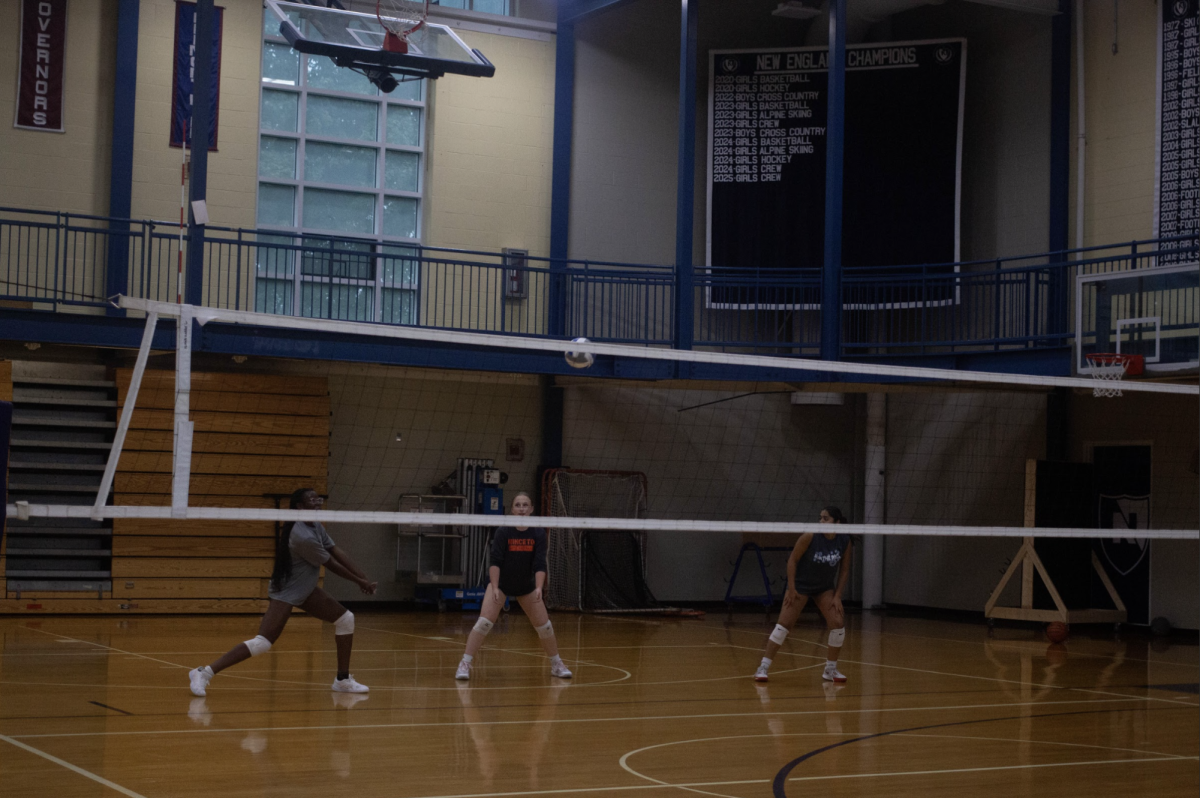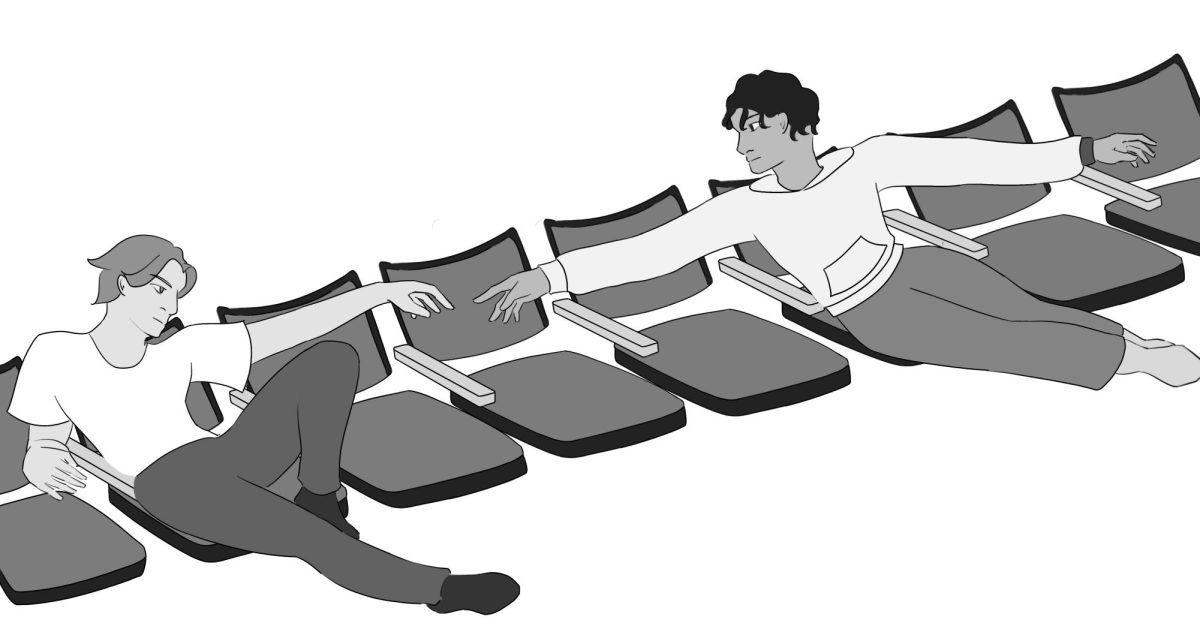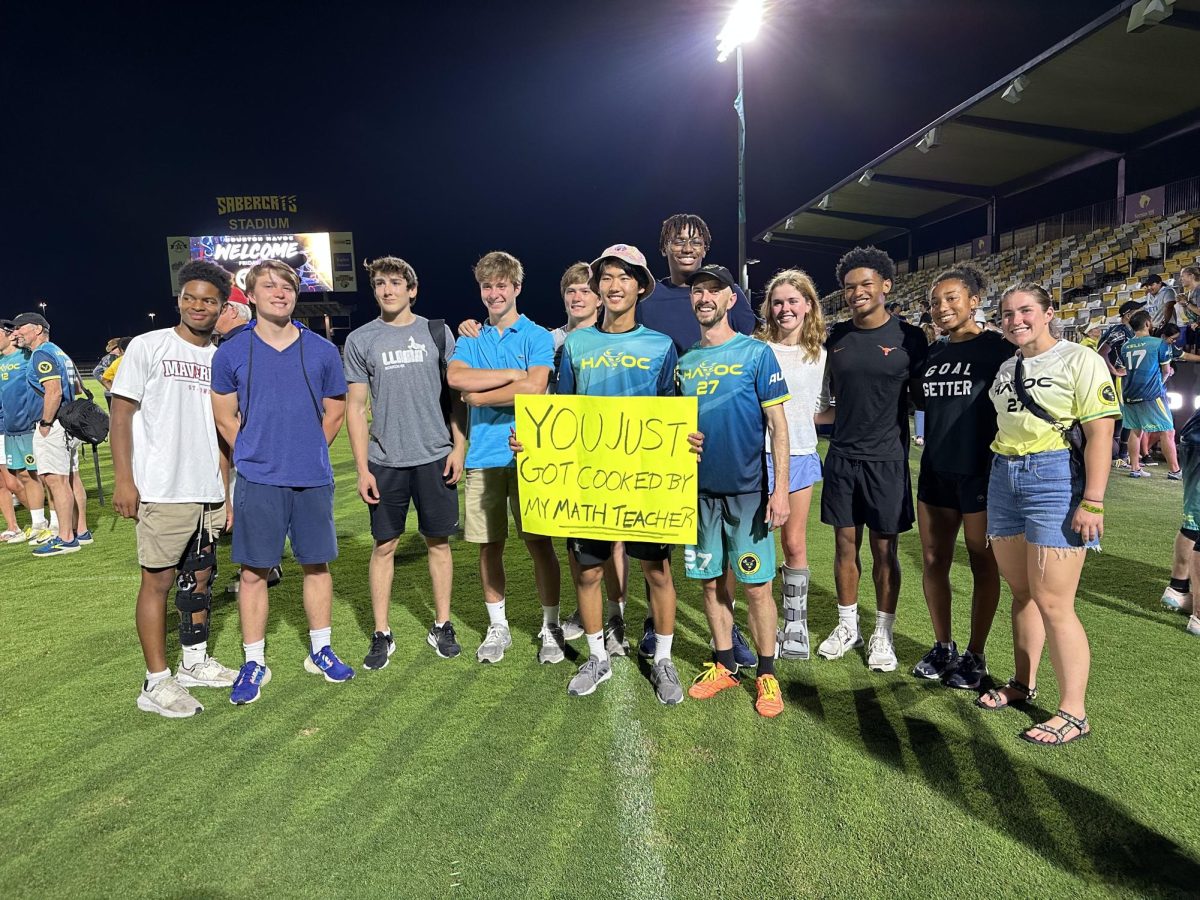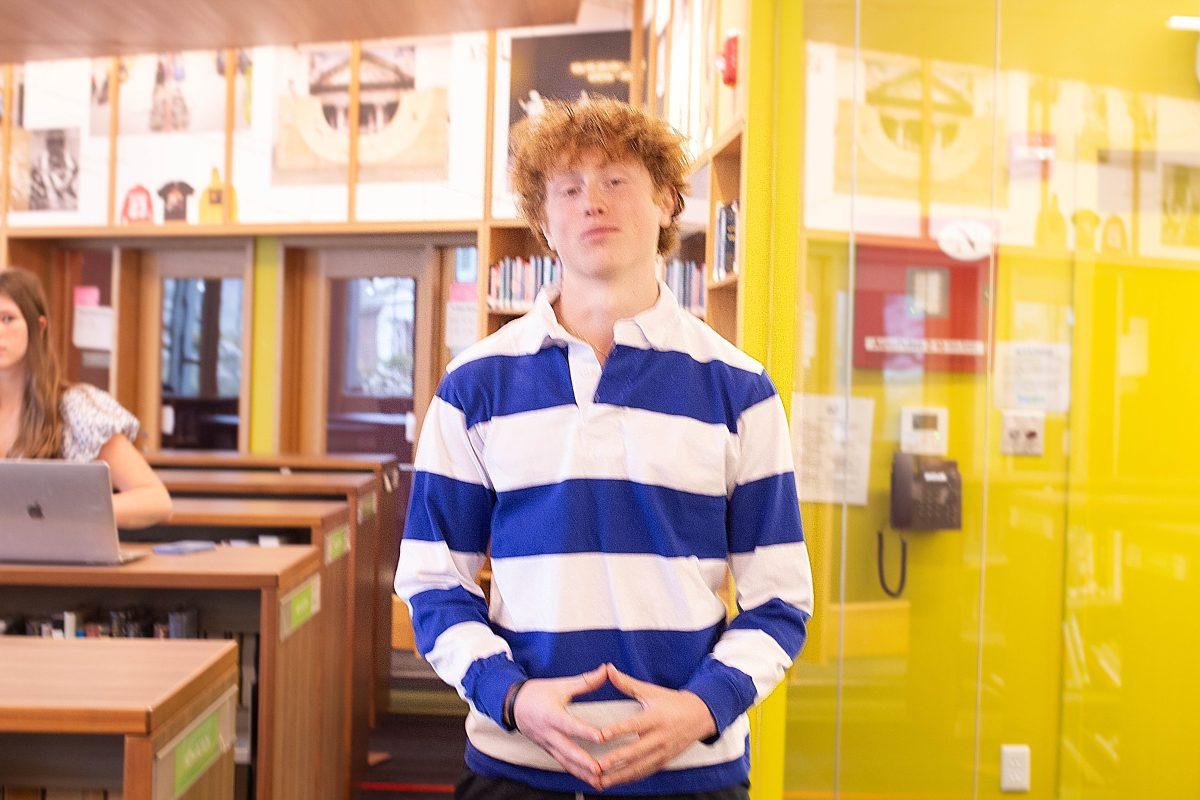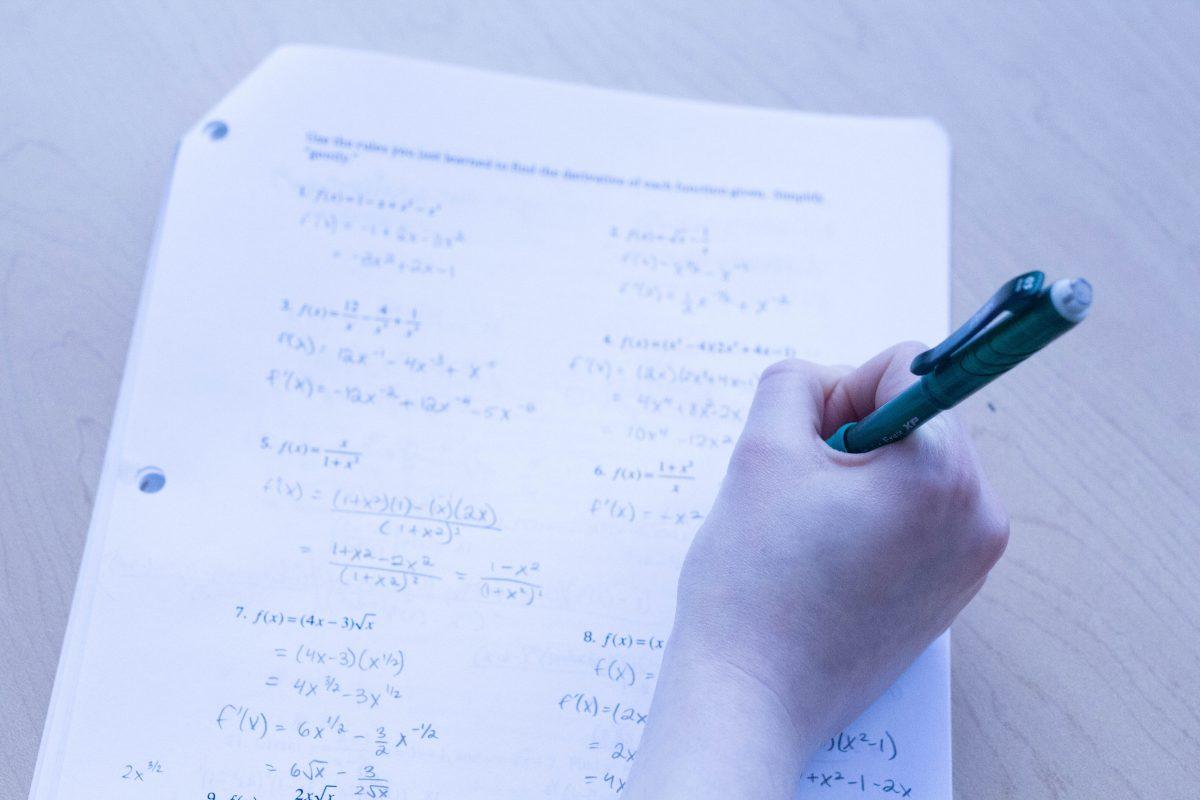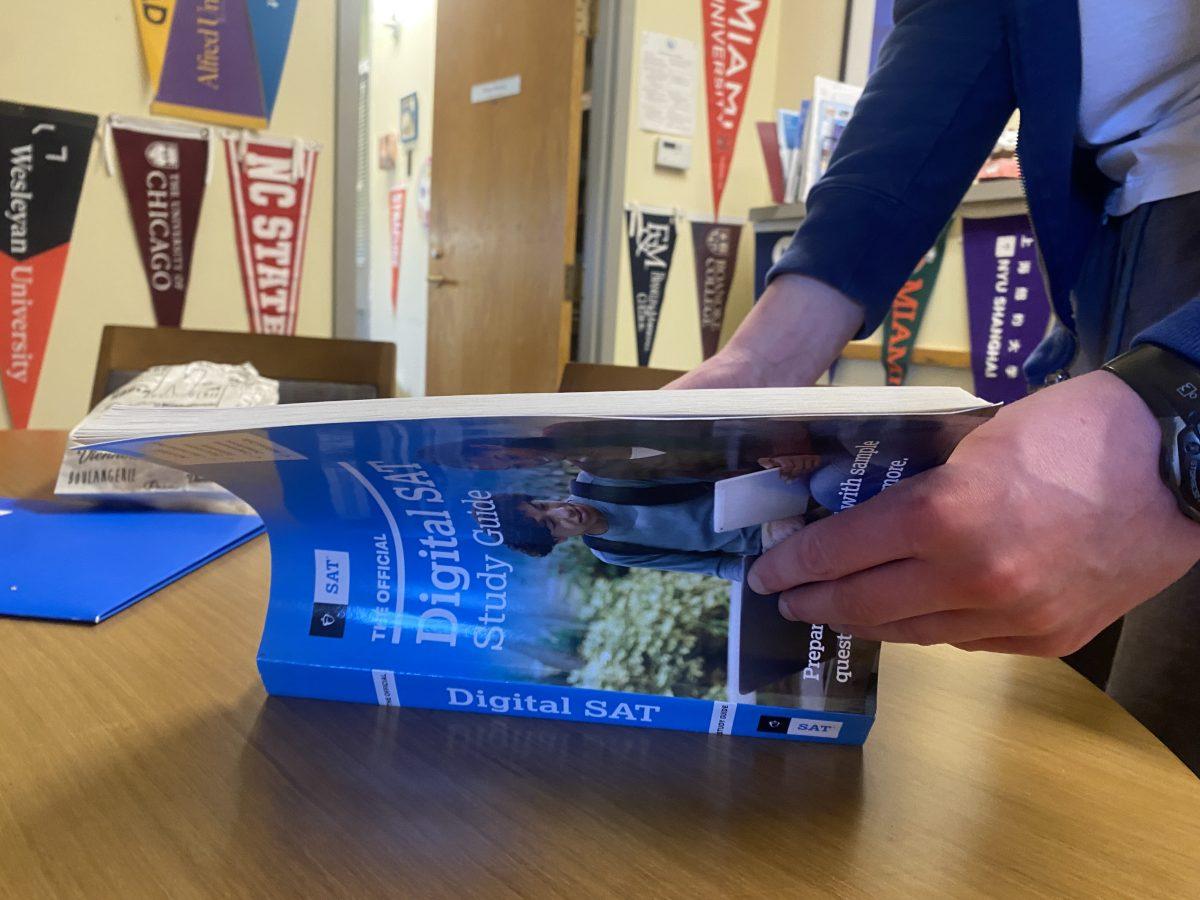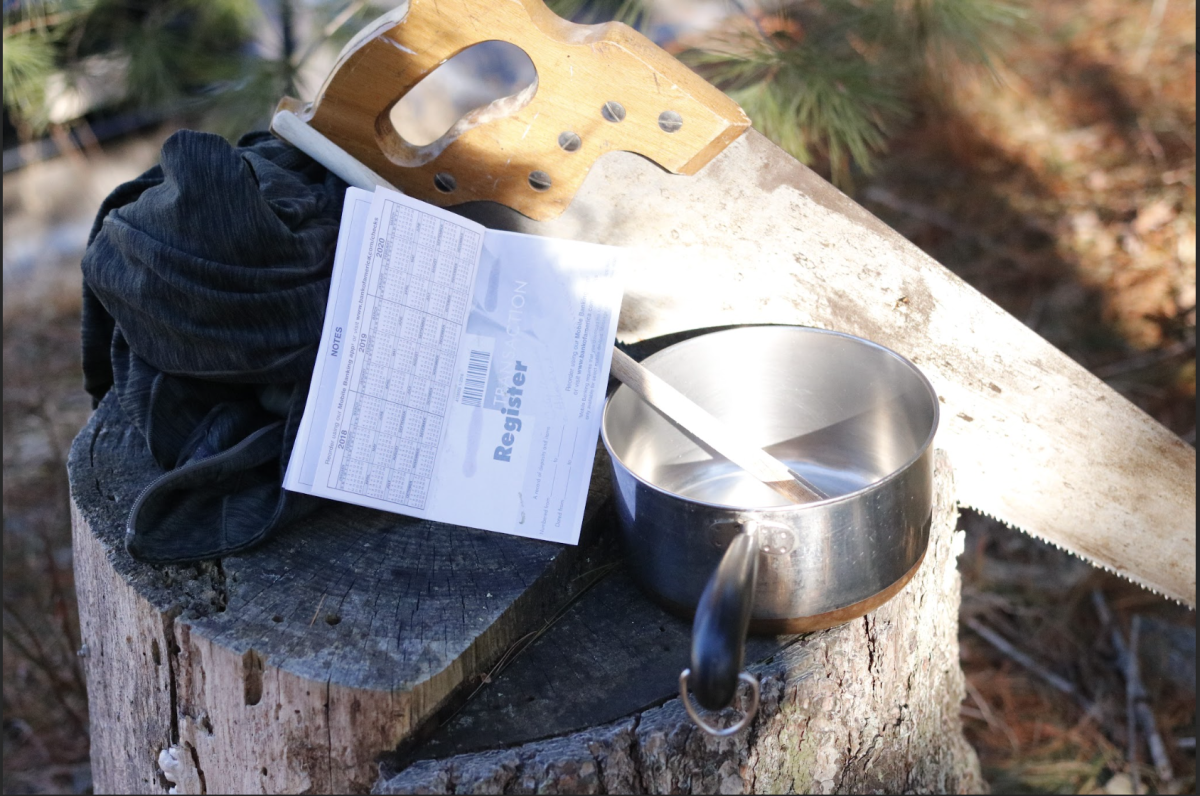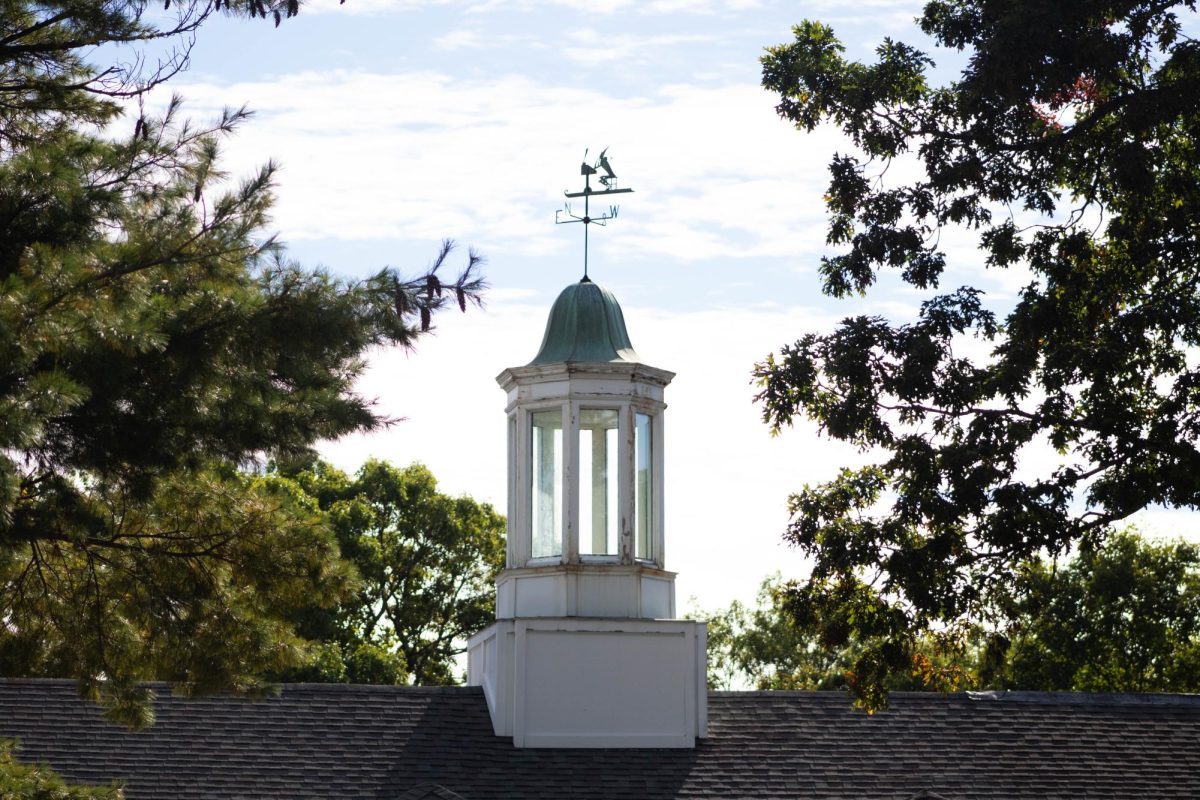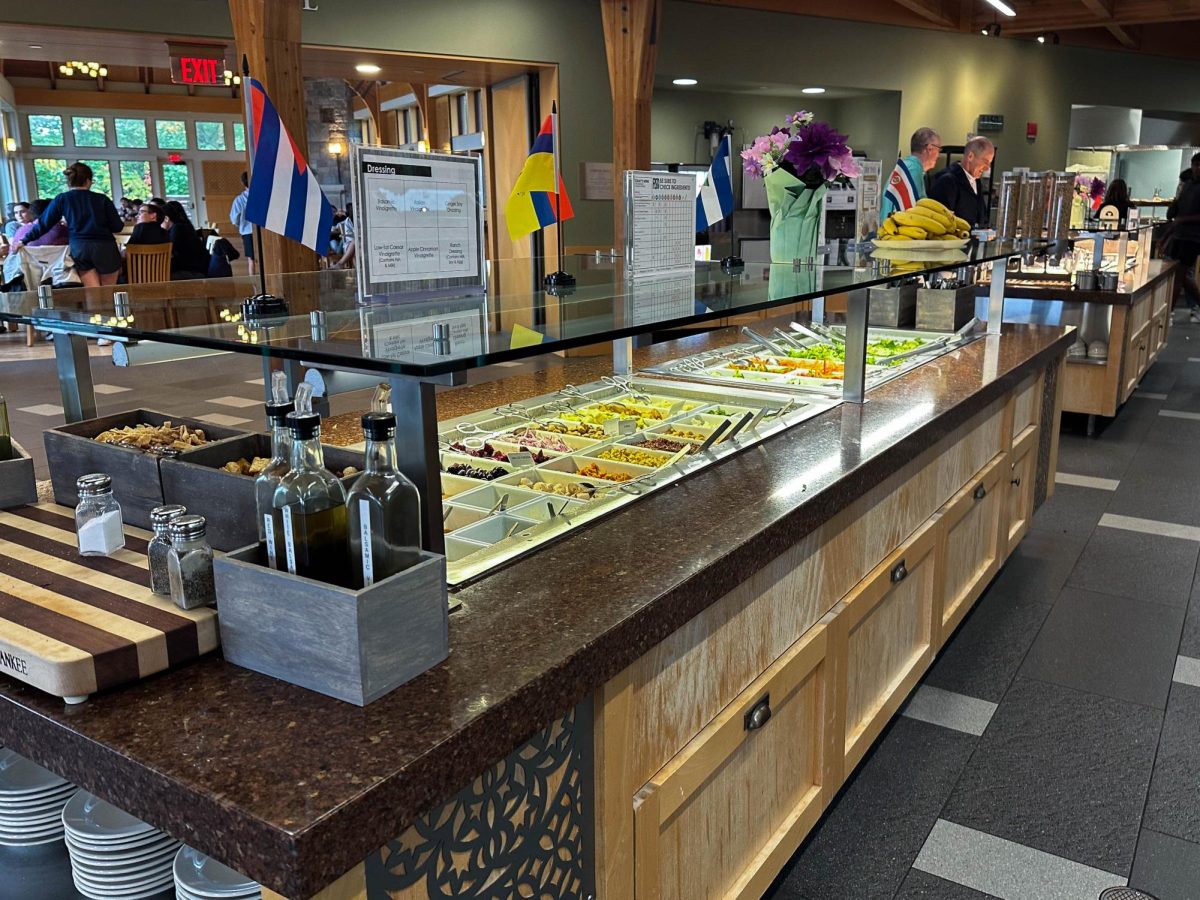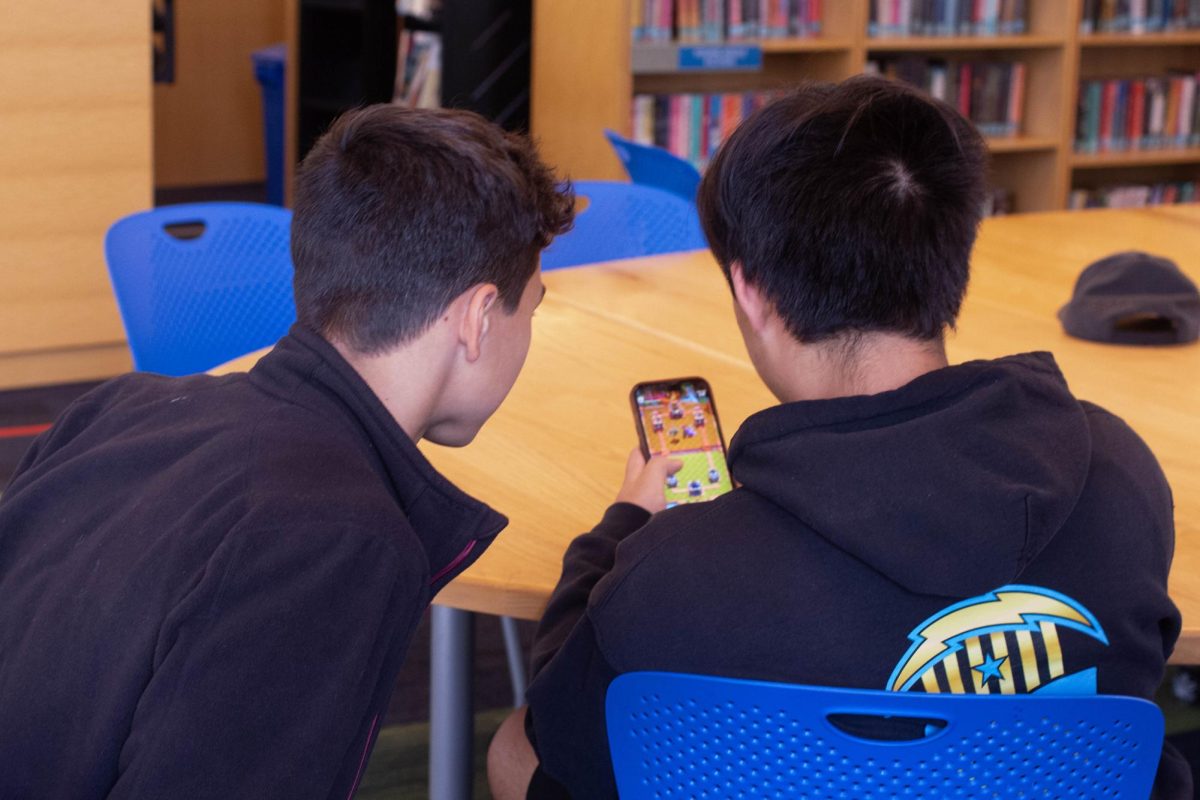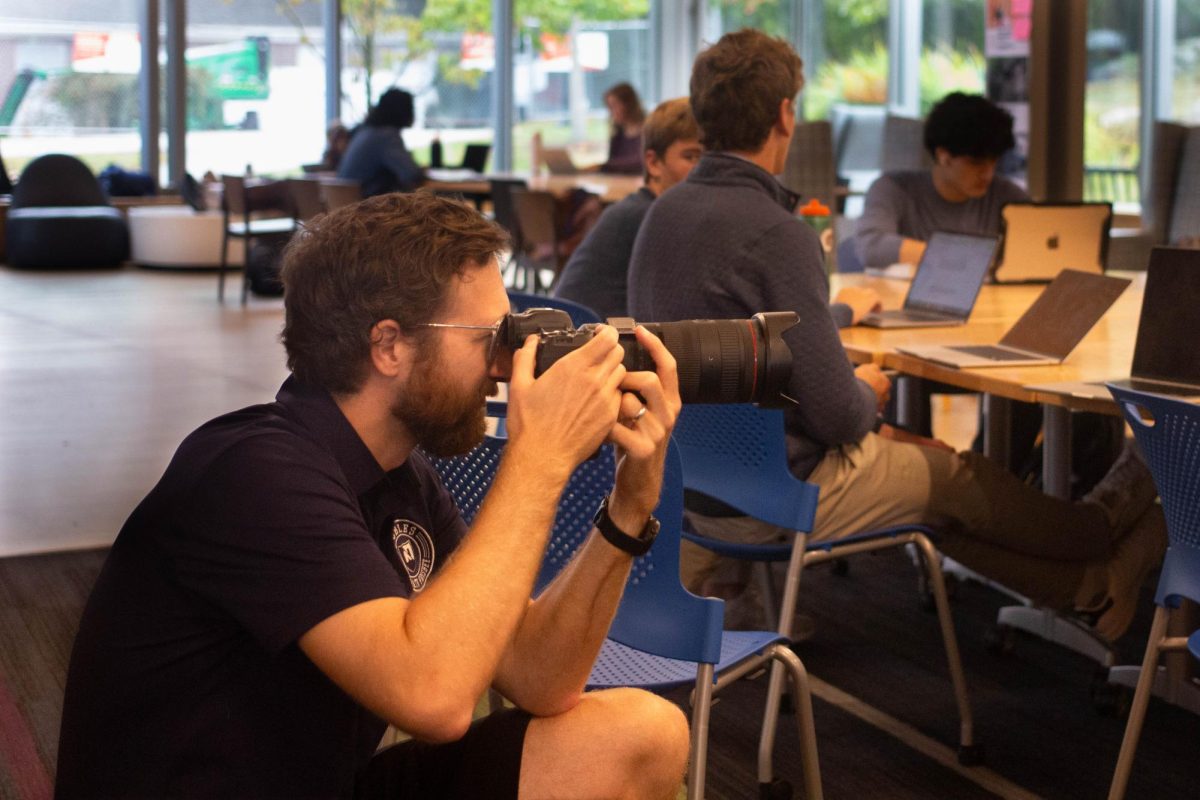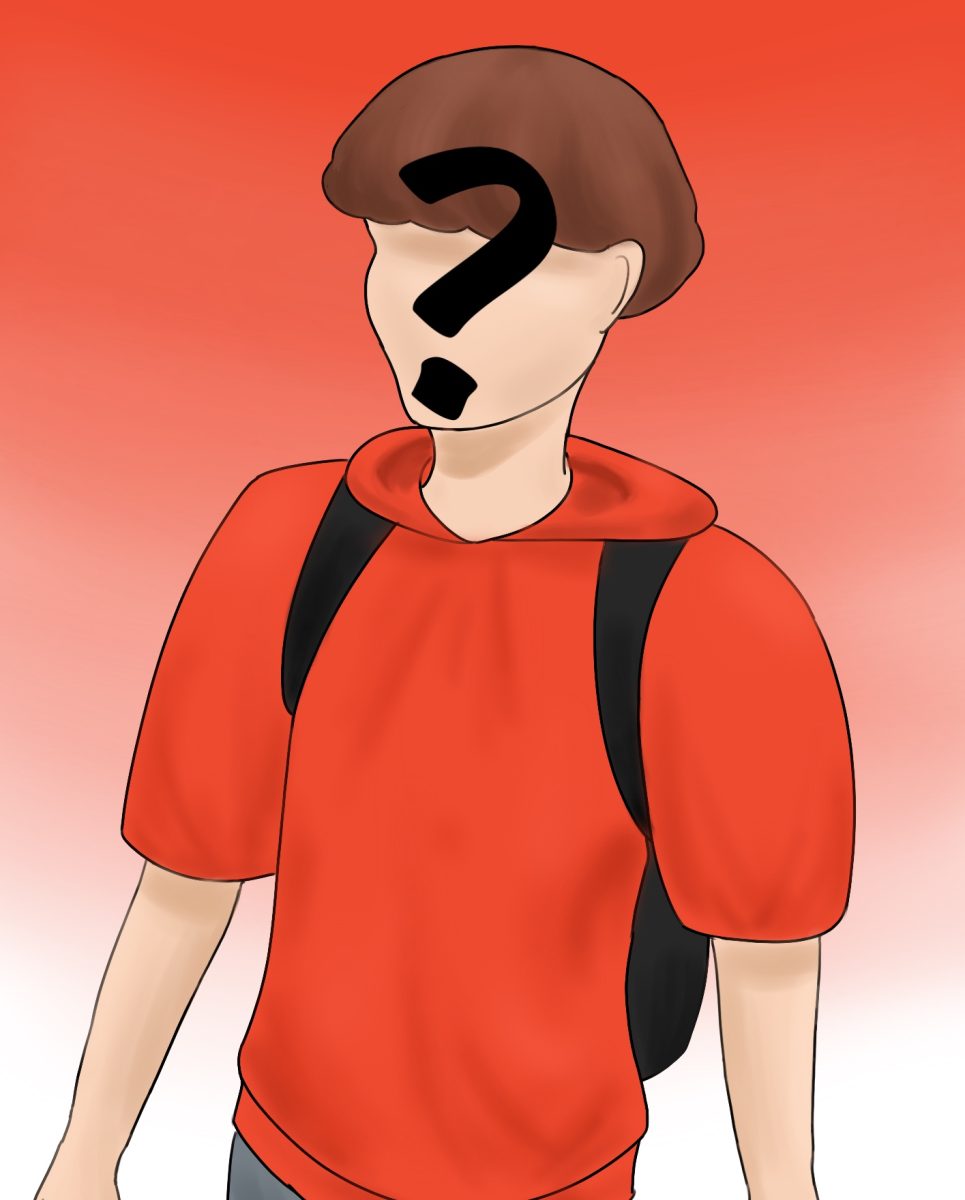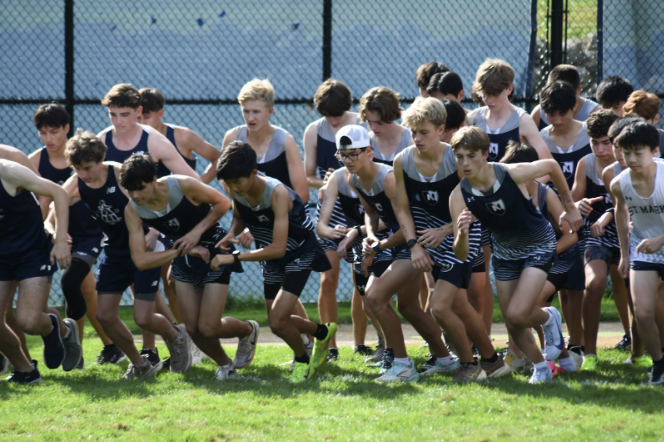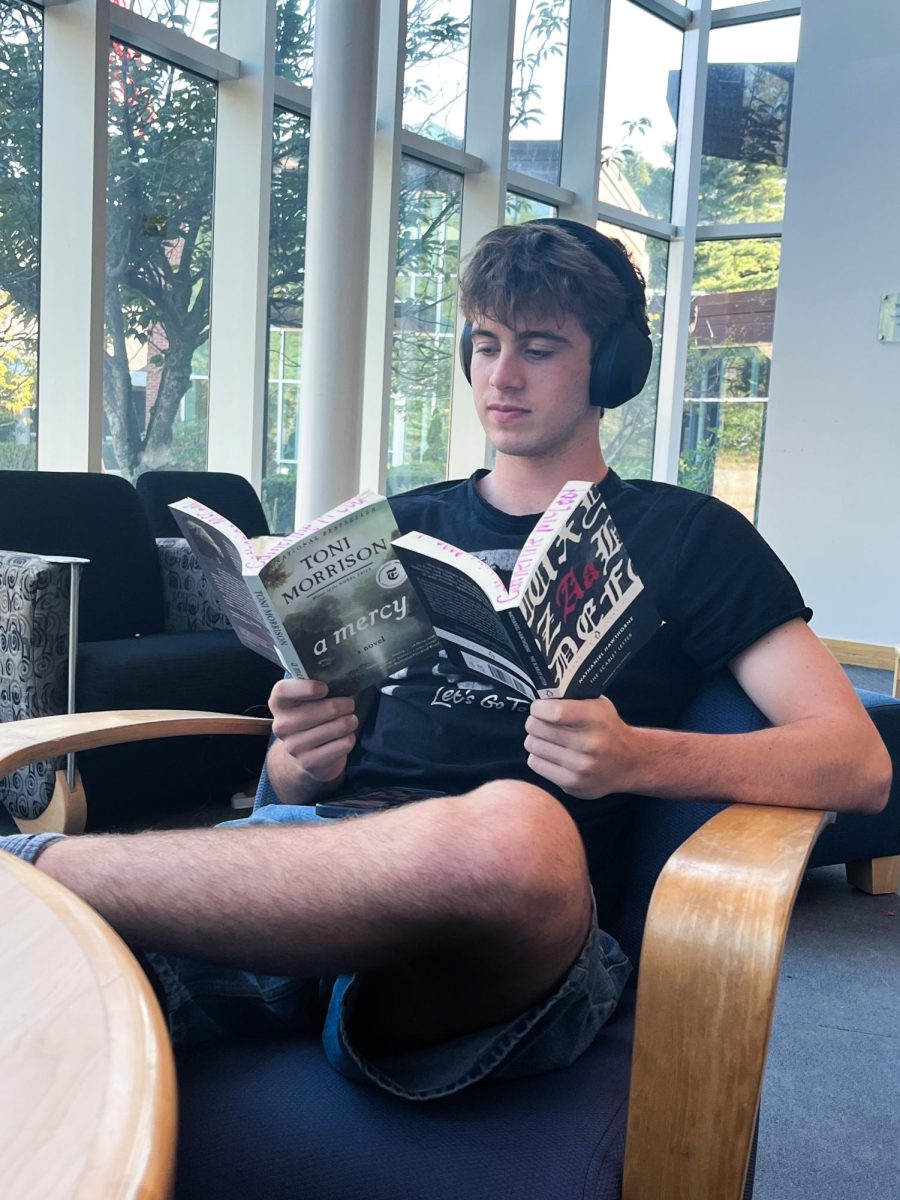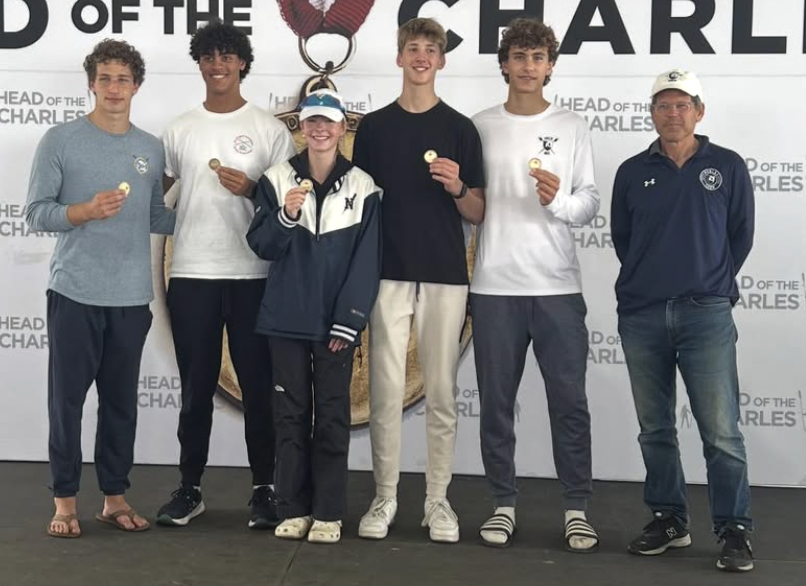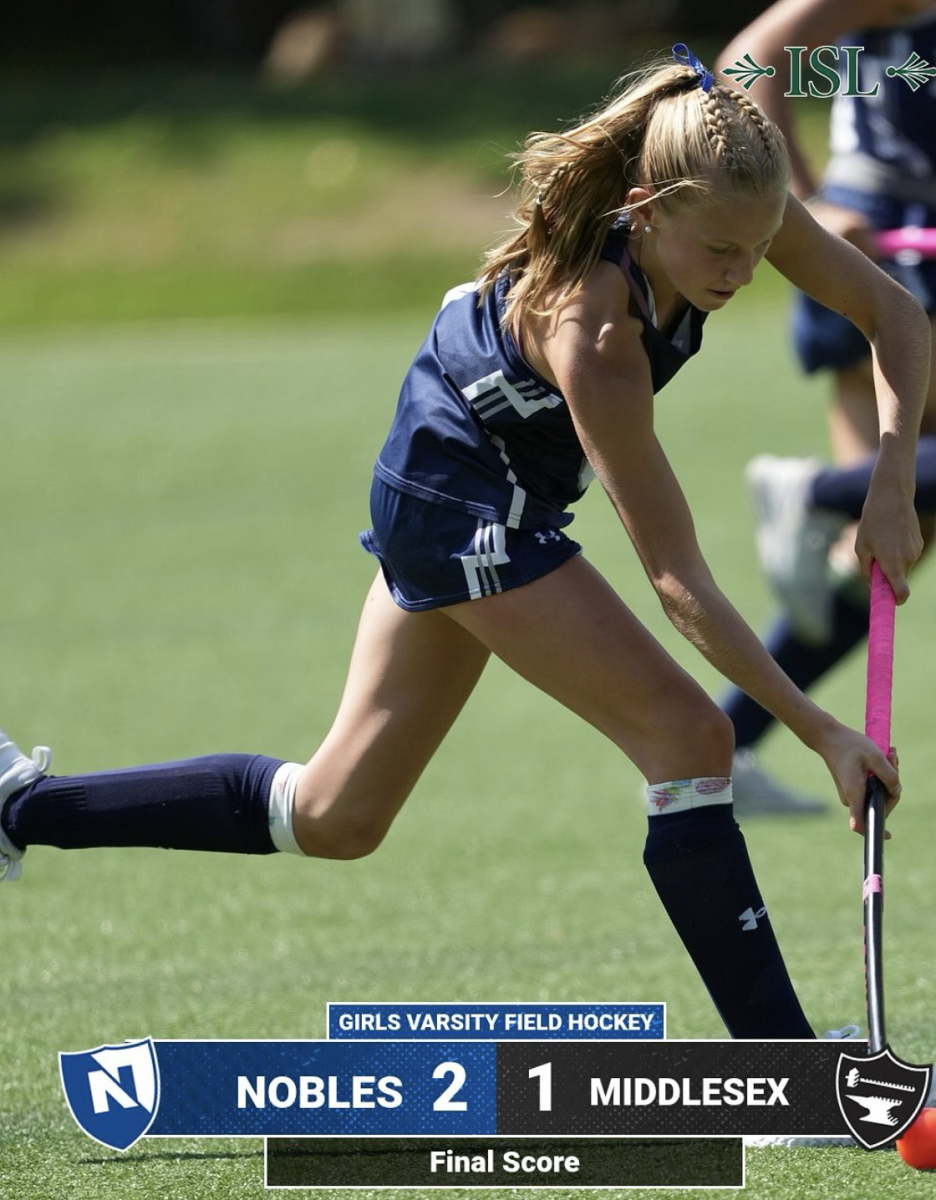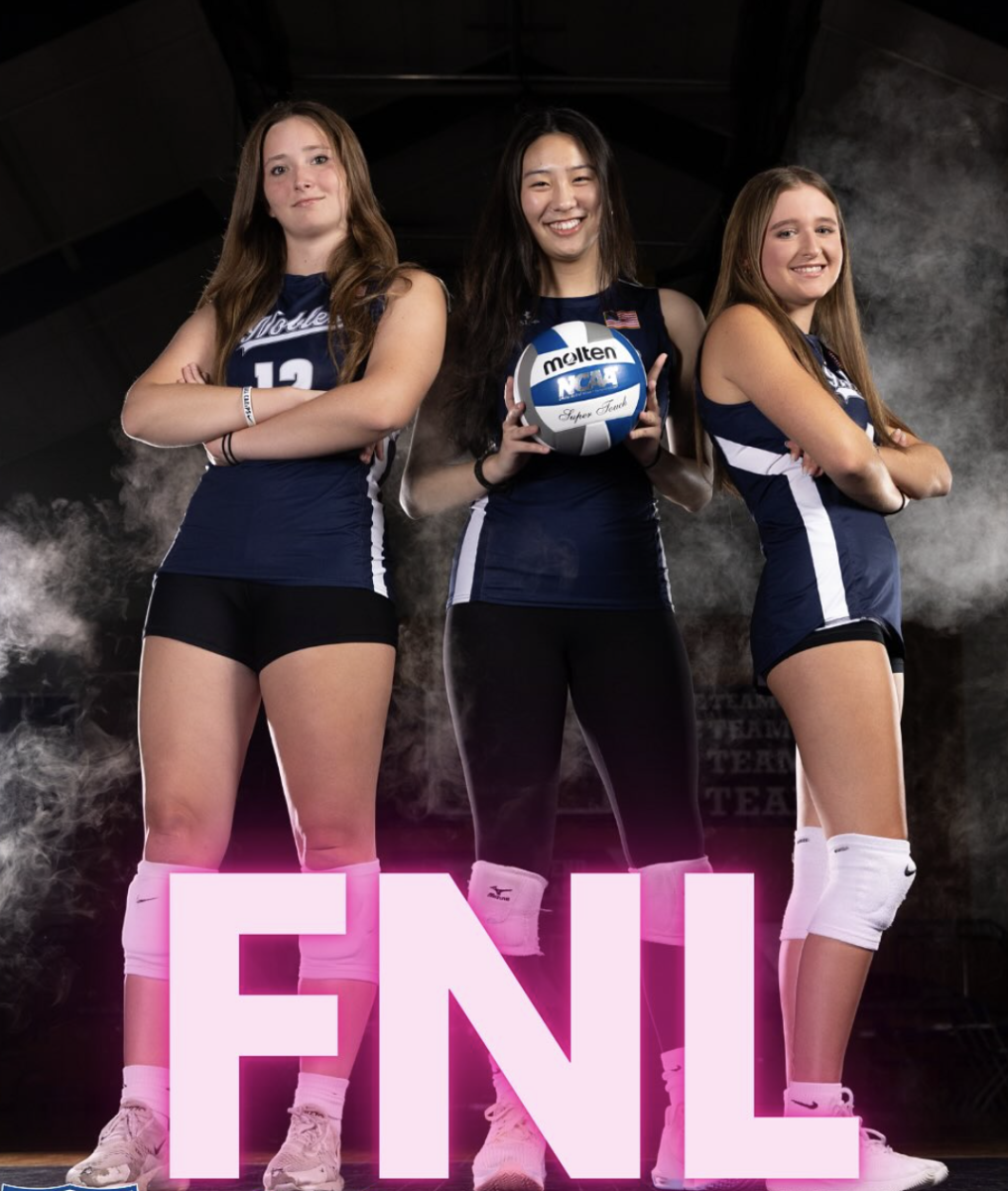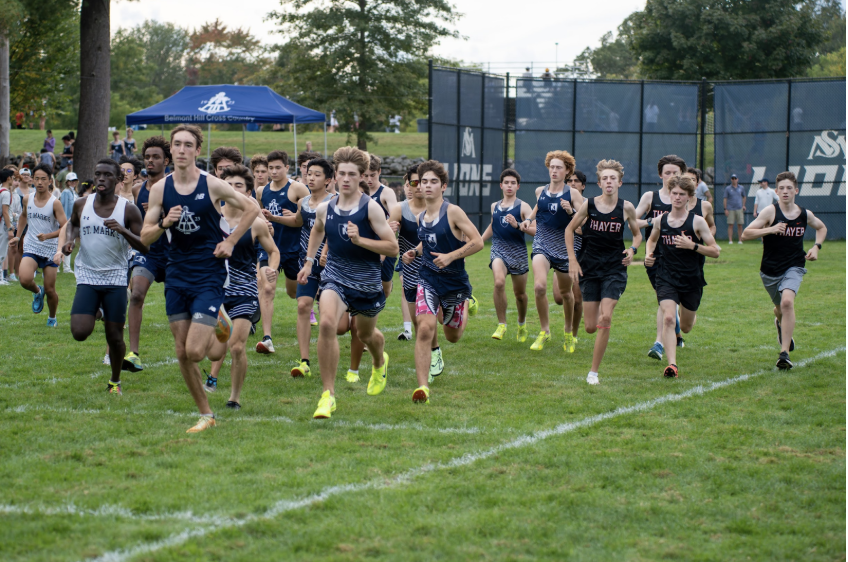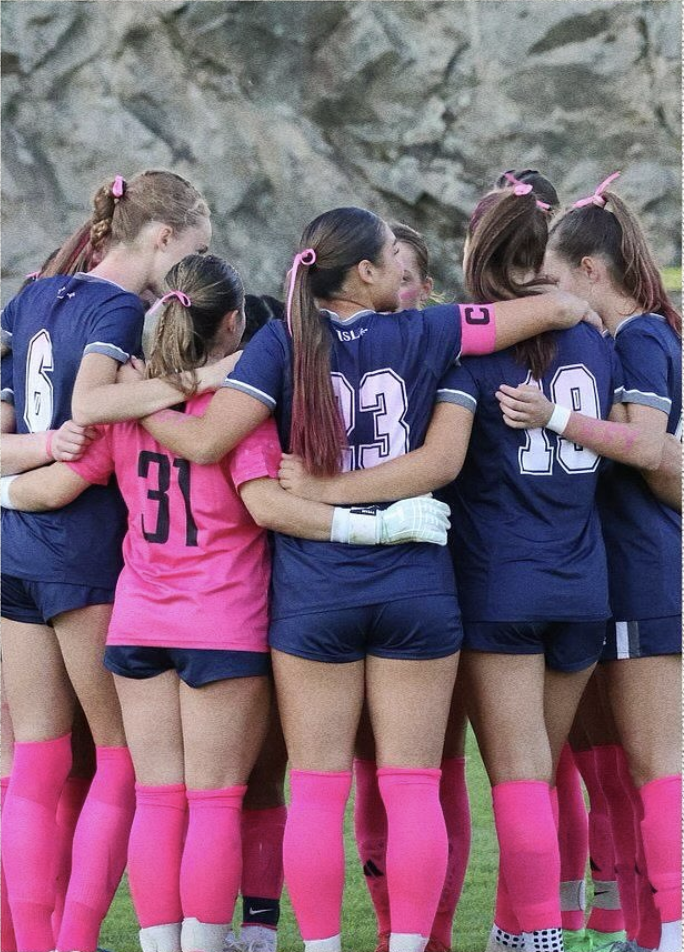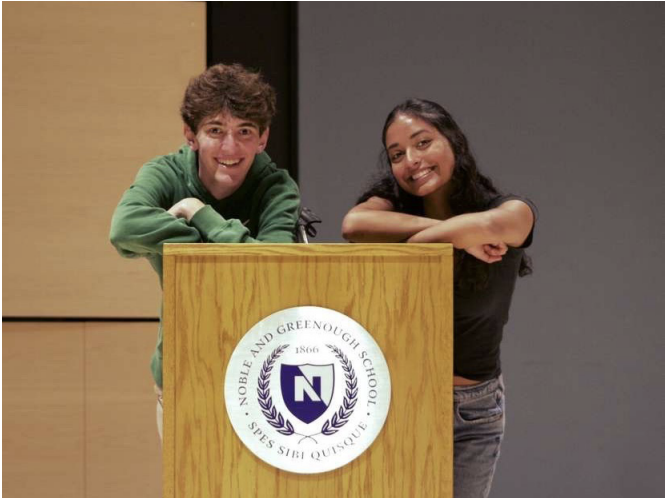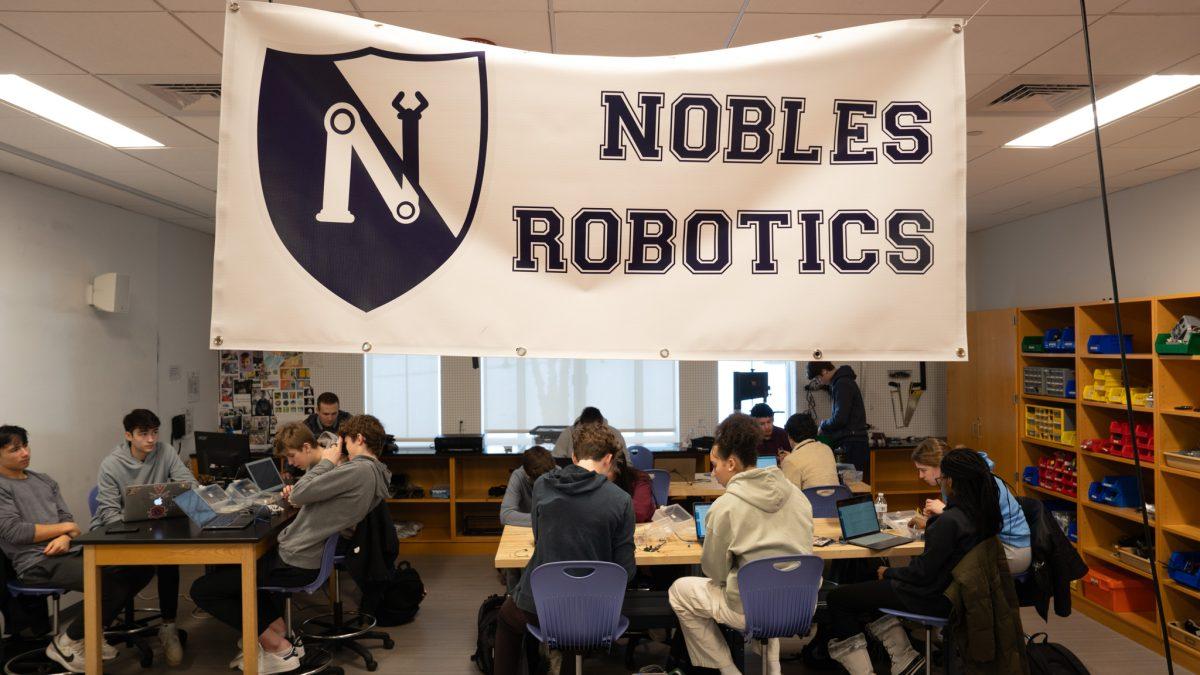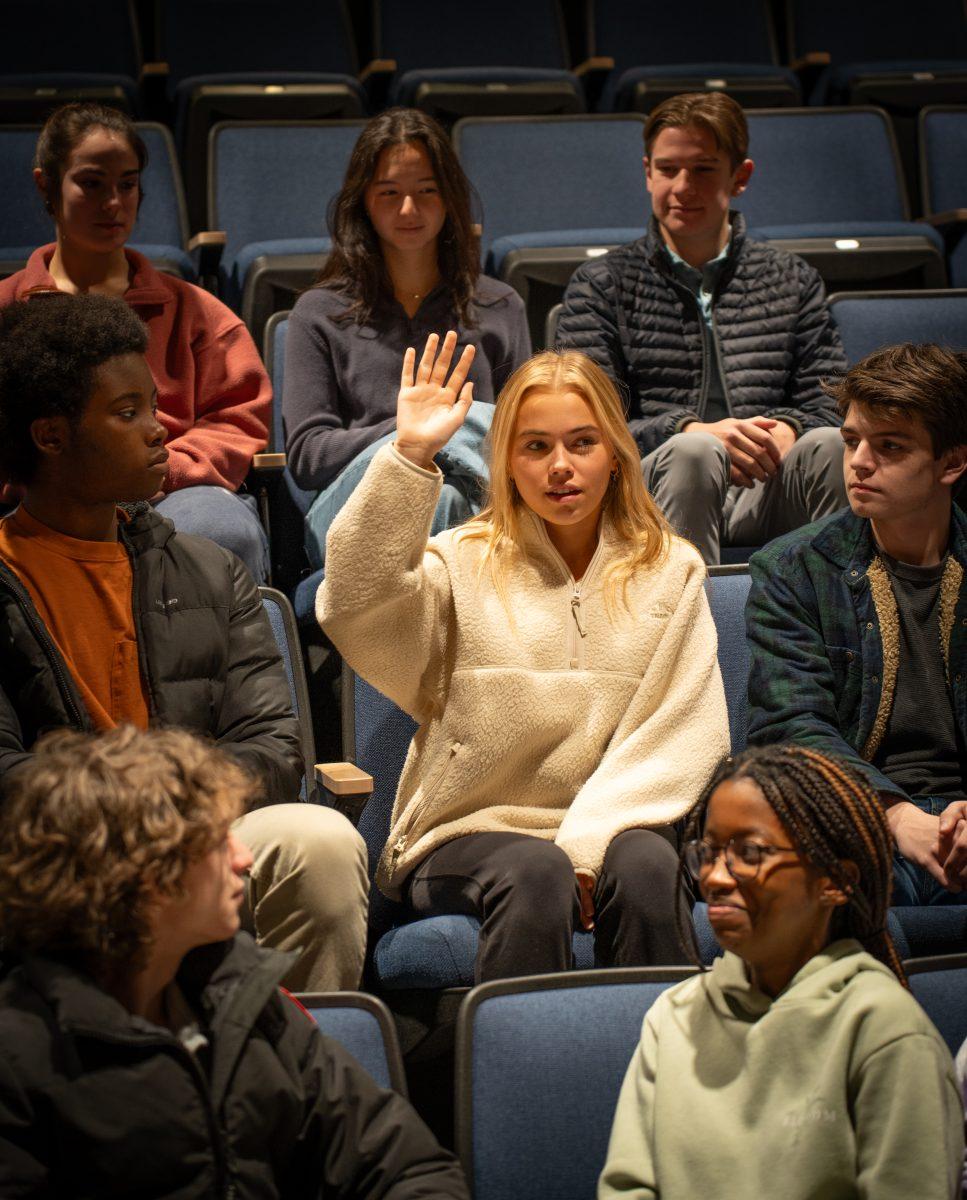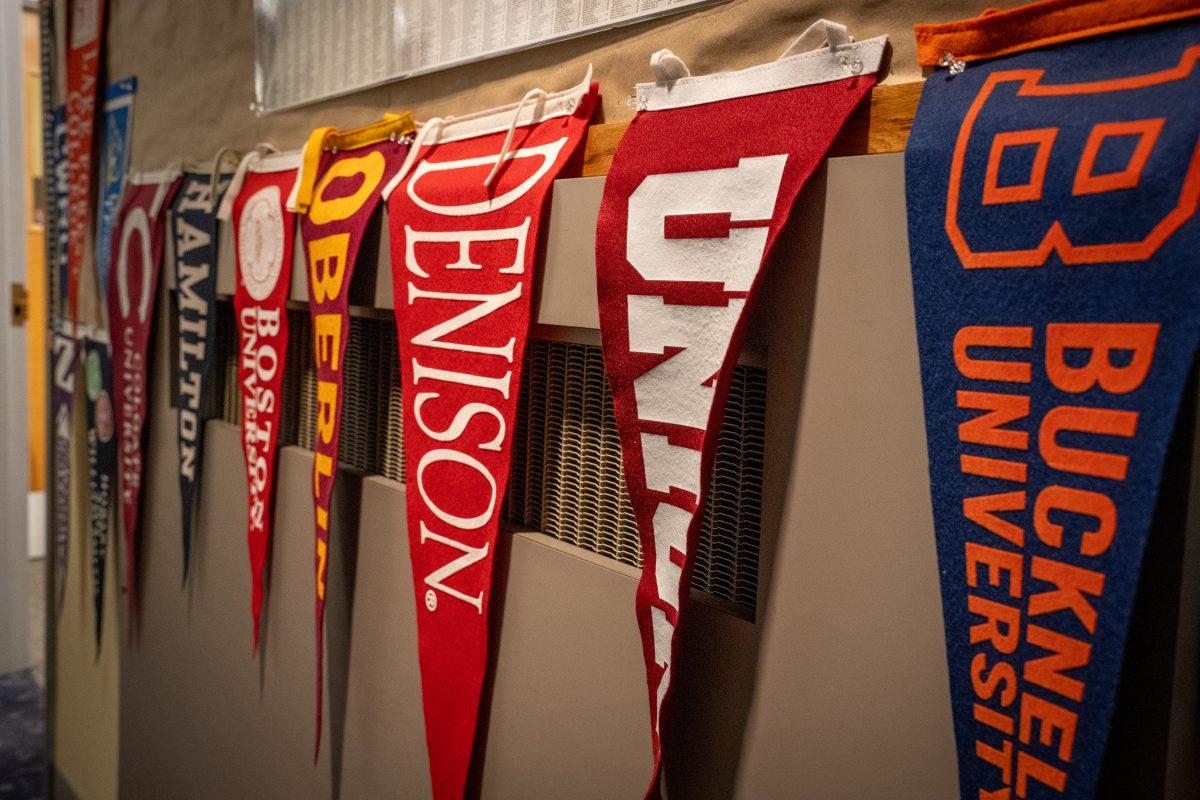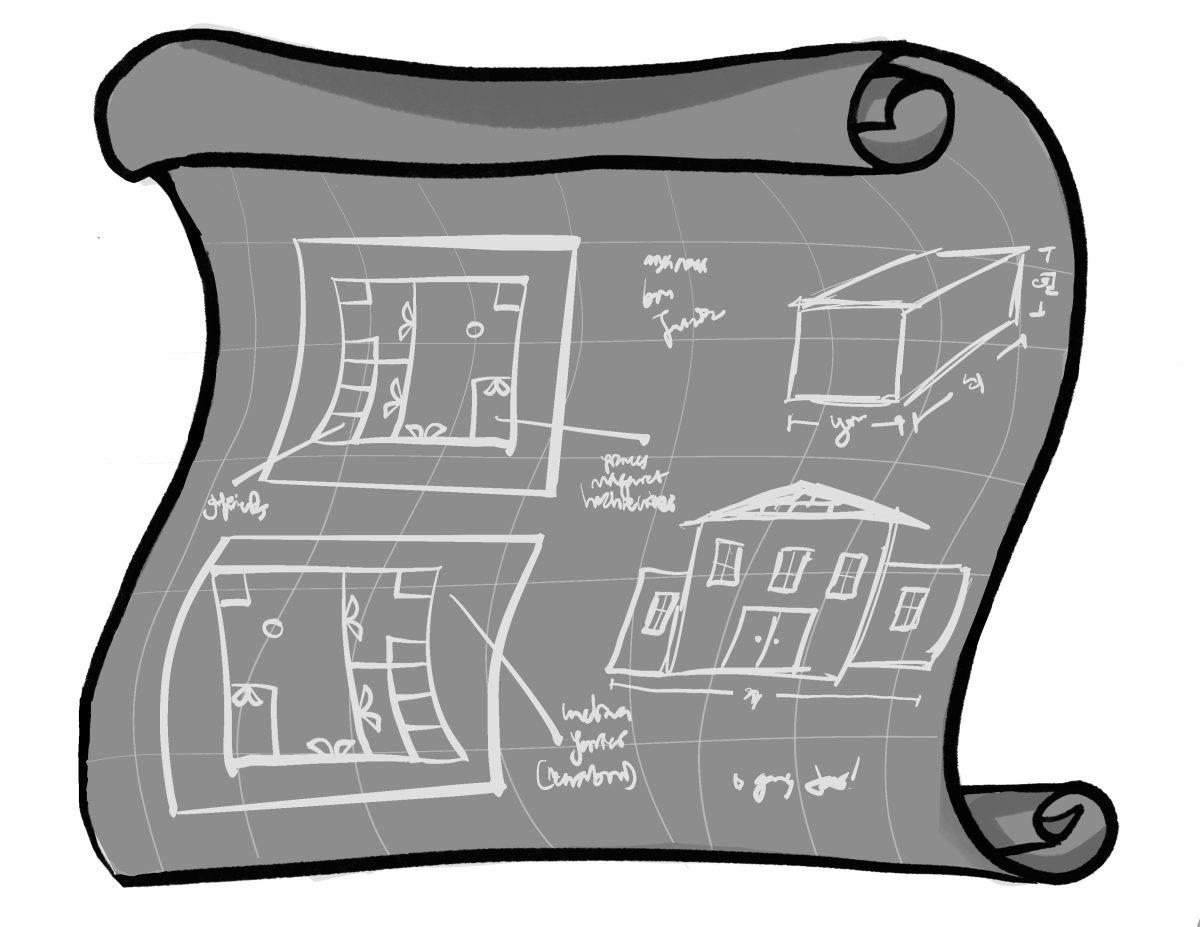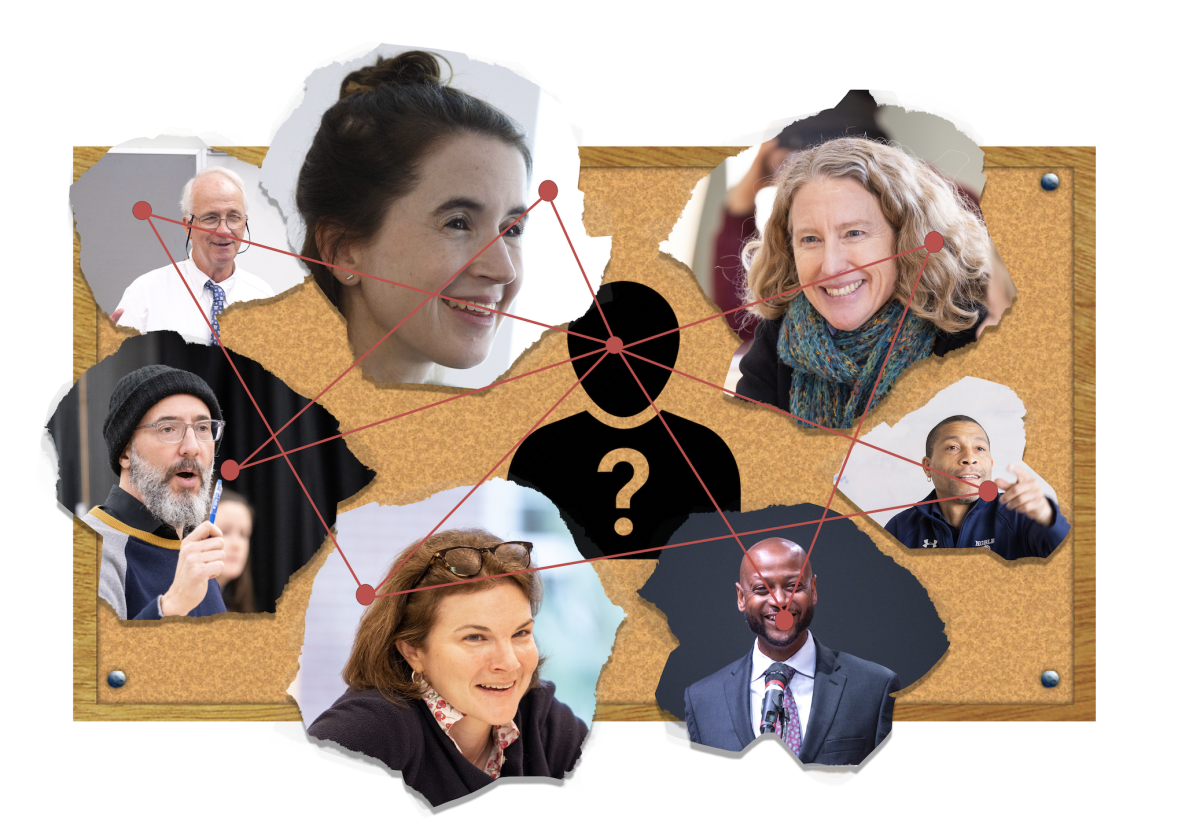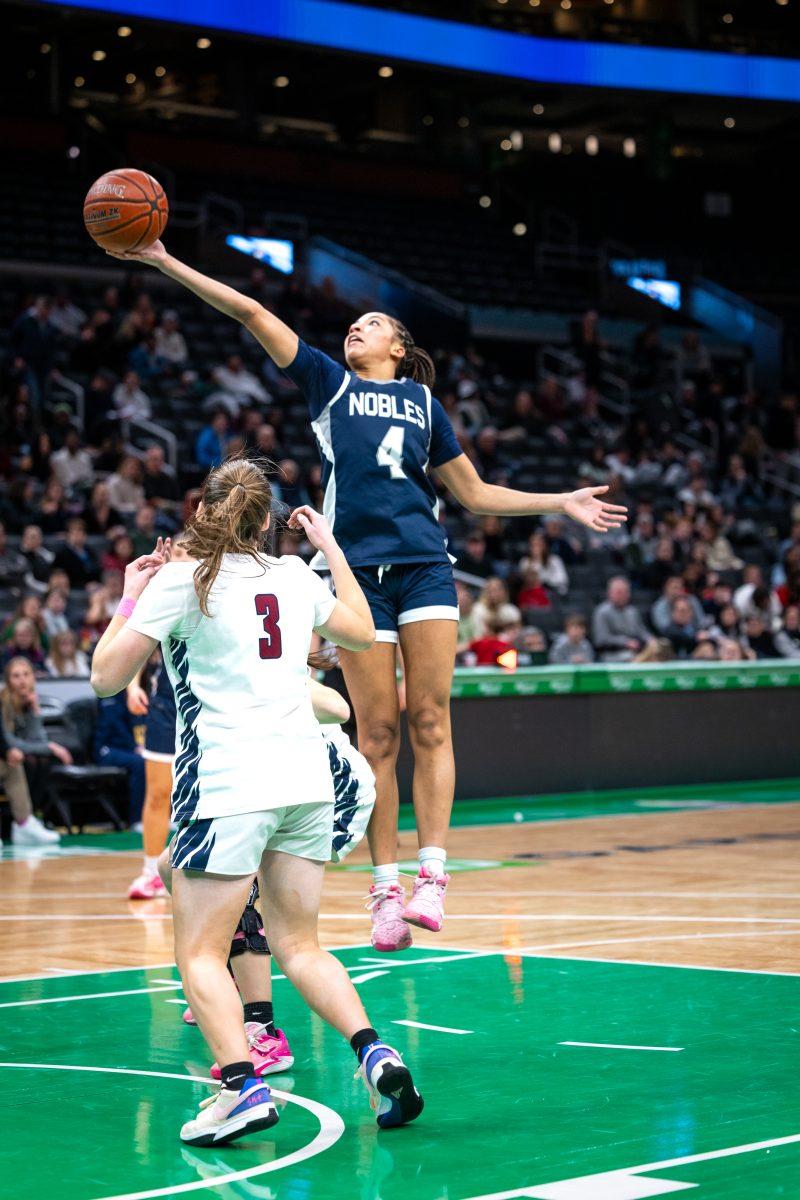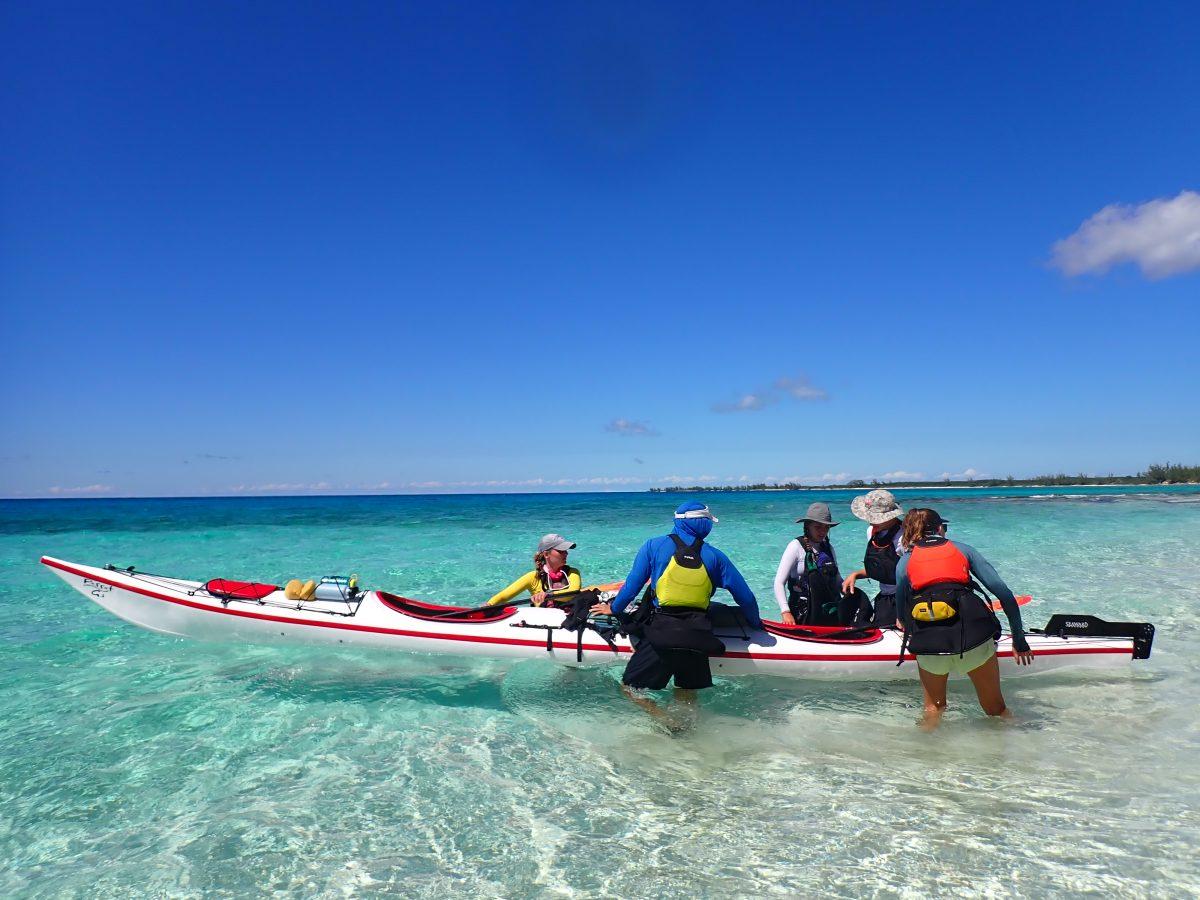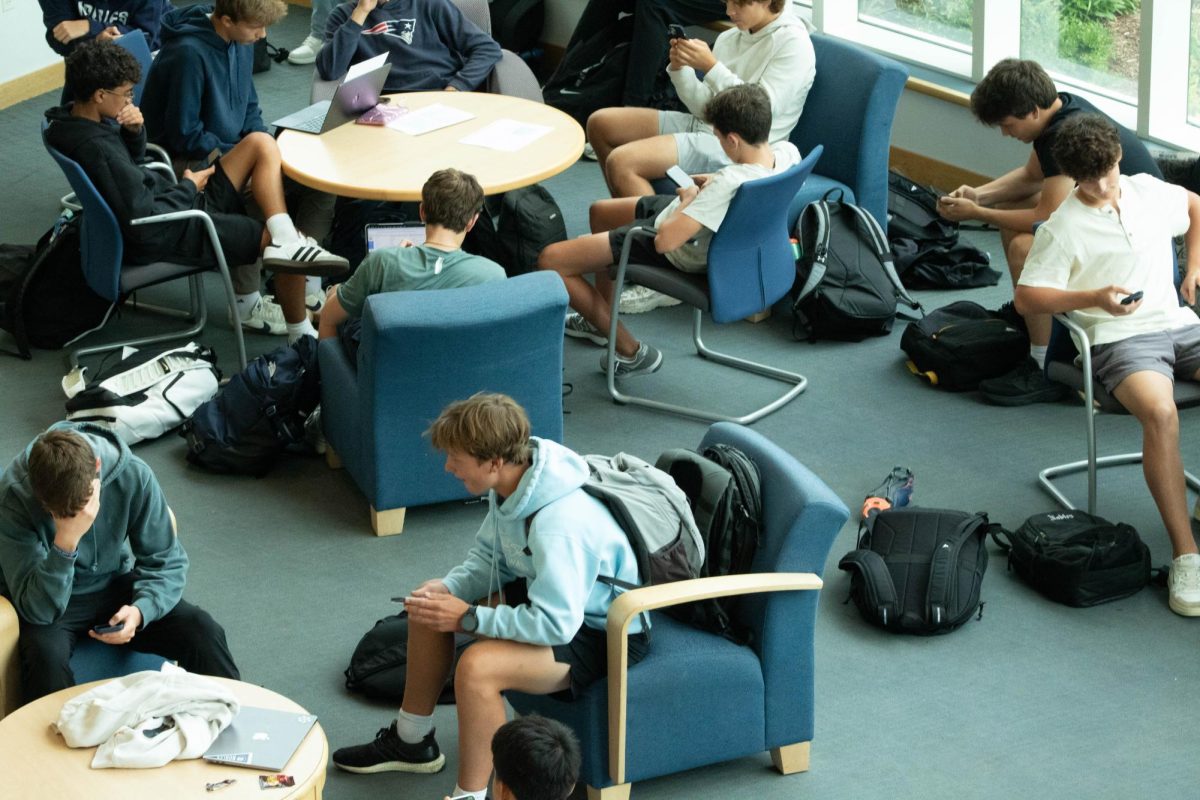Nathan Nozea, Staff Writer
February 9, 2024
Intro to Programming. Tech Ethics. App and Web Development. Artificial Intelligence. These courses listed are just a small minority of the vast amount of classes Nobles has added to its computer science curriculum. Even now, as the computer science and programming field evolves, Nobles continues to look at the courses it offers, hoping to find new ways to address technological advances in the classroom. This year proves no exception, as for the first time in Nobles’ history, a robotics course will be offered as one of the many options available in the school’s afternoon program. But why now?
Computer Science Faculty and Robotics Afternoon Program Faculty Advisor Max Montgomery says the initiation of the program is due to the hard work and efforts of the current seniors, specifically Danny Gallagher, Ben Guenther, Justice Hickman-Maynard, Simon Junknelis, and Clemi Scherzer. “All the credit for bringing robotics to Nobles really goes to our current seniors…[they] advocated for funding, started participating in competitions, …and set the foundation for the robotics afternoon program,” he said. Their active role in establishing this program comes as no surprise, considering that these seniors spearheaded the development of the Robotics Club at Nobles. In fact, many students will find that the activities of the robotics afternoon program are quite similar to the ones in the Robotics Club. Clemi Scherzer (Class I) expanded on this idea, saying, “[The program] is an extension of Robotics Club and what we do and have been doing for the last three years.”
What does that mean? Like the club, the main focus of this afternoon activity is building a robot to compete in a worldwide robotics competition known as First Tech Challenge (FTC). With over 20,000 teams participating, each team’s robot will undergo a series of challenges to prove both the team’s coding and designing skills. These challenges—varying from year to year—are usually split into two periods: one where the robot is controlled by a player and another where the robot is autonomous. This year’s competition will primarily involve the use of hexagons: the team’s robot will be required to pick up different colored hexagons and put them on a board, with more points awarded for the different patterns the robot makes with the hexagon. The robots must also throw a paper airplane a specific distance and physically hang off the ground.
Though the Robotics Team’s prime focus is the FTC event, they also offer chances for novices to expand their knowledge and skills in the robotics field. Through the creation of a development robot, less experienced students are able to involve themselves in a low-stakes environment where they can primarily focus on building their robotic skills. Scherzer said, “[The development robot] is a great way to get started and lower the barriers [of robot design].”
As the robotics season begins to pick up, and the team draws closer to the competition date, it leaves the seniors with extensive dreams for the future of the team. Simon Juknelis (Class I) said, “We definitely want to do more stuff in terms of community service [for our program]…For our final season, we [plan] to run more types of educational robot programs.” Previously, the Robotics Club has brought some of their robots to local libraries and taught kids how to code by using the robot as the model. Clearly, more projects such as these are set to come in the near future. Justice Hickman-Maynard (Class I) also introduced the idea of the robotics afternoon program becoming a legacy. He said, “Ideally, we create something that has longevity…[and] has a broad history like Model UN and Debate Club Club does. We want to create an infrastructure that allows people to build off of [the program].”
In addition to these goals, the leadership core of the Robotics Team also simply wants to advocate to Nobles the wonders of robotics. Juknelis said, “Robotics is the only true collaborative, competitive team at Nobles. In Model UN and Mock Trial, you are somewhat of a team, as you go to conferences, but ultimately, you win or lose individually. But, in robotics, everyone works together…and everyone shares in the reward together.” Scherzer also points out how the program gives students a chance to utilize their computer science skills in the real world. He said, “Robotics is a way for kids to practically apply [their skills], which is something that is lost in traditional education…the robot doesn’t get made unless you put the parts on the printer or spend the hours in CAD.”
Although the robotics afternoon program has just gotten its start, it’s clear that from the vision of the leadership core, it will leave a long-lasting imprint on the Nobles community. The establishment of the robotics afternoon program serves as an inspiration to many in the student body. No matter the skill, if students show true passion in something they love, they can use that dedication to rapidly change the Nobles community as we know it.
(Photo Credit: Max Daniello)

